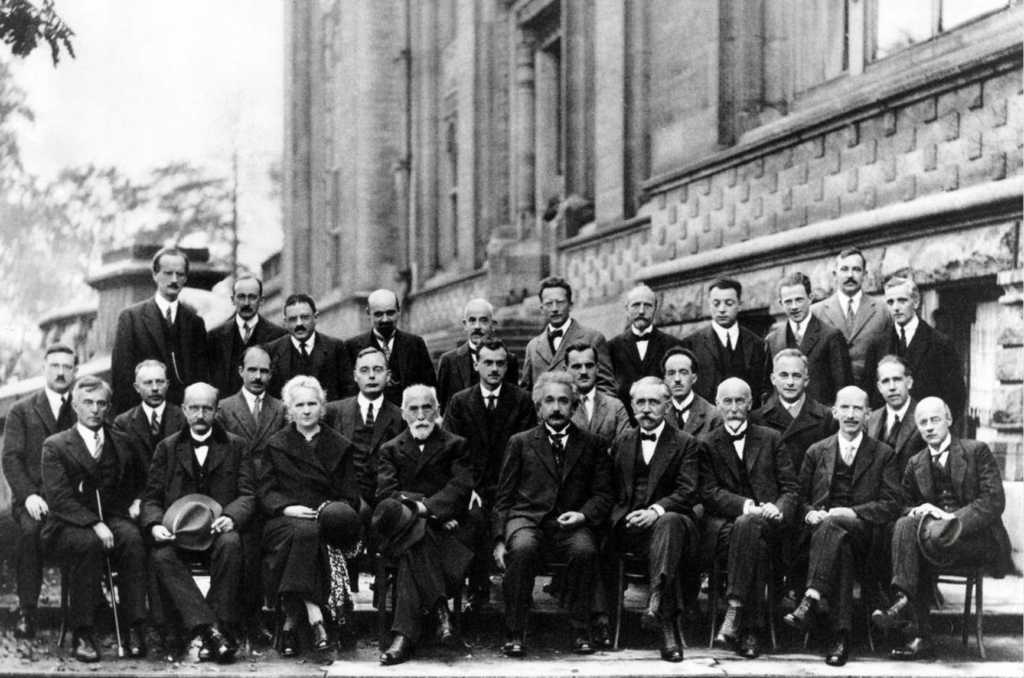
The sciences, and especially the natural sciences, demand a high mental discipline that is developed during a person’s early adult years. Most people who take on this challenge are emboldened by their early success in academics and on their self-perception as an intelligent person. Who would venture into the study of advanced calculus, inferential statistics or quantum physics without the belief that they are higher than average in intelligence?
However, most people at the loftiest levels of scientific investigation are not focussed on their level of intelligence relative to the average person. They live in a special world where they are surrounded by many highly intelligent people. An athlete who aspires to setting a world record in the 100m dash, is not gloating at his or her ability to outrun a couch potato, but is focussed on the magic number they must achieve to break the existing record. Similarly, a mathematician who is striving to solve a famous unsolved problem has an intense focus on that goal and has little interest in comparing himself or herself in intelligence to the general population. Solving that elusive problem, more than achieving 190 on an IQ test, gives them a sense of accomplishment and grants them recognition among their peers. The currency for recognition in science is not IQ but accomplishment.
Sometimes competition among scientists occurs, such as in the race to sequence the human genome between members of the Human Genome Project and the scientists at Celera Genomics. Even in these competitions, the scientists tend to focus on the goal rather than on vague comparisons of intellect. The most gifted scientists are more aware than most of the minuscule amount of knowledge that our species has relative to what we don’t know. This brings a natural humility that Isaac Newton expressed in his famous quote:
I do not know what I may appear to the world, but to myself I seem to have been only like a boy playing on the seashore, and diverting myself in now and then finding a smoother pebble or a prettier shell than ordinary, whilst the great ocean of truth lay all undiscovered before me.
Of course, Newton knew he was more intelligent than the average person, and he was impatient when his work was challenged by others whom he felt to be mediocre scientists, but his real focus was on unravelling nature’s secrets.
Naturally, there is some snobbery in scientific disciplines whereby some fields are given more respect than others, based on the level of rigor or abstraction involved. This type of pomposity was caricatured in the recent sitcom The Big Bang Theory, though it may be more subtle in real life.
